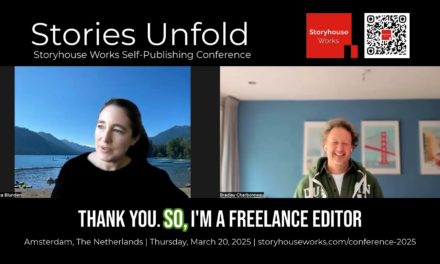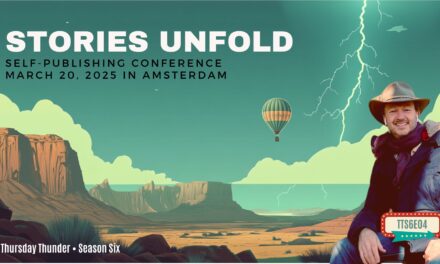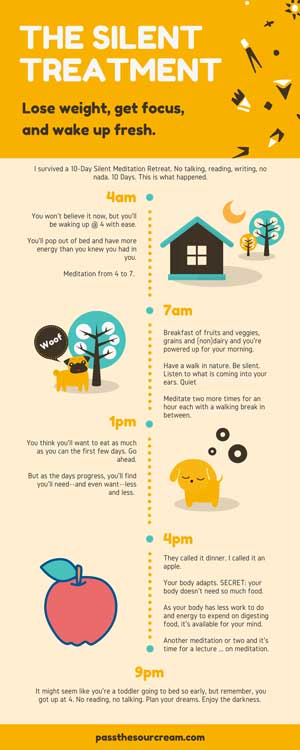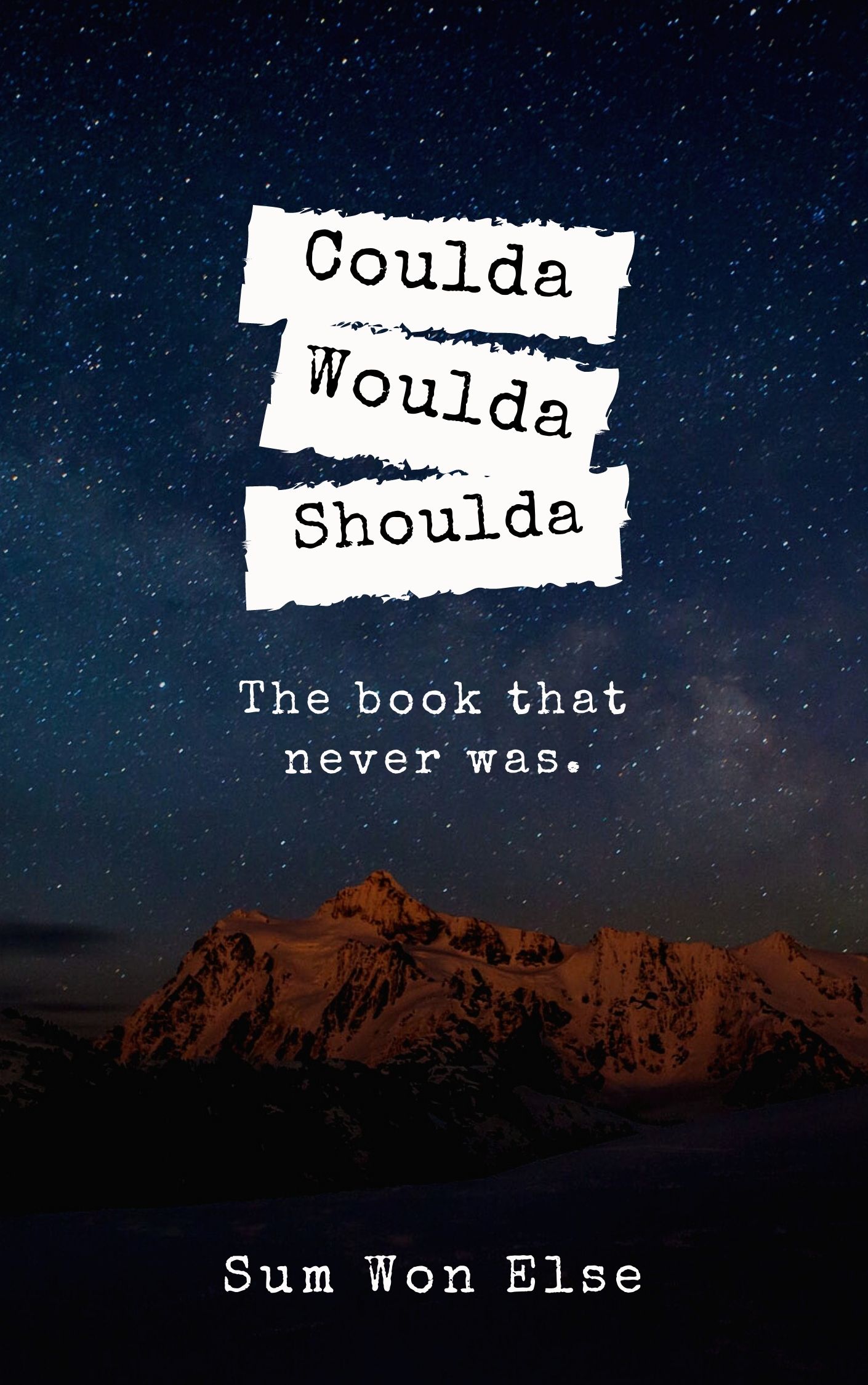
ESD: Beyond the Habit

- ESD: Beyond the Habit
- Today is a whole lot easier to see as yesterday than as tomorrow.
- Because “Every other day plus weekends is too complicated.”
- If you could practice more, would you?
- You do it even when you don’t want to do.
- You’ll never again say, “Oh well. Another day where I didn’t get it done.”
- This is how you live to be 103 years old.
- Study Every Single Day
- Every Single Day launches on October 17, 2017!
- Yes, you can force the Flow State. Here’s how.
- You know those things you never seem to get done? What if you could get them done?
- Meditation is the single thing that has helped me create Every Single Day for the past 1,698 days in a row.
- How do you know if you’re ready to make “The Leap”?
- This is what happens when you don’t take ESD.
- When you hear about how a person changed her life, it changes your life.
- When you’re a practitioner of Every Single Day, the “how” no longer matters.
- Sneak Peak: Every Single Day Table of Contents
- How has “Every Single Day” changed your life?
- The gift of the technique comes when we transcend it.
- Don’t have time? Here’s how to make time.
- The ESD Avatar — Who is the Every Single Day reader persona?
- The secret about that “big burst of creativity” you’re waiting for.
- It’s probably not a good idea to upload my book to Amazon while I’m in the train. Unless, of course …
- “Every Single Day” is available for pre-order on Amazon
- Mr. Pantser, meet Miss Plotter.
- 100 Reviews in 30 Days
- A prescription without a pill?
- From shame to lame to blame to aim to fame to game
- Can we become more creative?
- The Conundrum of Comfortable
- Every Single Day: Weight Loss
- If you think you need to do more, it might be time to do less.
- Very little stability in my life at the moment. Oh, yes, well, except for that. #creativelystable
- 2019 is going to be different. AKA: the mountain goat.
- Today I will do what others won’t, so tomorrow I can accomplish what others can’t.
- Ghost with a Toast
What comes after the habit?
Mastery, confidence, freedom, creativity, energy, and the unknown.
The best part? The unknown.
The habit is the tool. Beyond the habit are the unknown side effects—the ones they don’t list on the packaging.
When you sow a thought, you reap an action.
When you sow an action, you reap a habit.
When you sow an habit, you reap a character.
When you sow an character, you reap a whole destiny.
— Quote from either or Charles Reade or George Boardman as mentioned by Ananta Ripa Ajmera in her interview with on The Unmistakable Creative
I’m going to go out on a limb and say that even habits aren’t the goal. What lies beyond the habit is the goal. Here’s the process.
- You have an idea, a thought. Excellent start!
- You turn that thought into action. You’re already ahead of the majority. Most of us stop at #1. Good going.
- If you keep at it, your action should turn into a habit. This is where momentum kicks in. Having fun yet? (Trick question: if you’re not here yet, you’re not. If you are here, you are.)
- The habit becomes so ingrained in what you do that it becomes who you are, it can change your character. Now we’re getting somewhere. There’s no reason to turn back now.
- Your character is a part of you, but your destiny is larger than you. It’s who you were meant to be. (With destiny meaning, “the hidden power believed to control future events.” Oxford dictionary)
We’ve gone from a thought to an action to a habit to character to destiny. It all started with a thought. How many of those do you have per day? How many do you act on? Then take to the next level? And the next? Not many. Of course, we couldn’t take each thought to such heights. Then which do we choose–or which do we allow to choose us?
I’d say most people are stuck in #1 and #2. They get to action, but can’t turn it into a habit because (A) they forget, (B) they don’t really want or are scared to take it further, or (C) they don’t know how.
I’m not interested in the A and B people. I want to help those in C: they want it, but they don’t know how.
Let’s take sport as an example as it’s easiest to see the correlations.
Basketball. Most of us don’t practice because we think practice is fun—at least not most of the kids I coach. In fact, most of the kids practice because they have to. There are a handful who think it’s fun and for them, it doesn’t only not cost them energy, they gain energy from it because (1) they’re doing what they love, (2) they’re getting better at what they do, and (3) they’re unconsciously learning new skills as they practice.
After so many free throws, you no longer think about where you fingers are on the ball or how your elbow comes in at a certain angle. You don’t calculate the strength you need to get the ball into the hoop. At some point, you just do. That’s habit.
What’s beyond the habit?
Beyond the habit is when you no longer think about what you’re doing and it’s so natural that you can think of other things while you’re doing the thing that used to take all of your concentration. Your brain does it all on autopilot and now has room, capacity, energy to focus on other tasks, bigger tasks. In basketball, you might get to the point where you envision the ball going through the net. You might be thinking about the next step and how you’ll get back on defense. Or possibly you’re not thinking about anything at all as you’re so deep in the zone that you’re practically in another world.
But this is where I see the benefits of Beyond the Habit basketball example fade. Maybe I just haven’t taken enough free throws, but if I turn the example to writing or meditation, I can more clearly see the beyond.
Maybe because basketball is mostly physical (or is it!?) and writing and meditation are of the mind. Maybe it’s truly because I’m not at the point with basketball (nor care to be) where I am with writing and meditation—beyond the habit.
With writing, beyond the habit is now the unknown—but in the good sense. Before my habit was formed, I was scared or at least hesitant about the unknown. Now I embrace it, I look forward to it, it’s the fun part.
It’s the confidence that has built up over time that I am so secure in my Every Single Day action that not only do I exert zero (conscious) energy towards it, but it has become my well, my source, my morning coffee. The tables have turned and whereas I used to push the boulder up the mountain, now I am running in front of it, laughing hysterically as I have “won the game.”
Beyond the Habit is when you have space in your brain.
New space, never-before-encountered space because it wasn’t there before. You have cleared room in your mind because your action, your habit, has become part of your character and it is no longer what you do, but who you are.
Your character is changing.
You’re onto destiny.
Is destiny the unknown future? Or maybe it’s even the known future? But who knows it? Not you–or at least not the pre-habit you. The pre-habit you couldn’t have understood, fathomed or even comprehended what now is in front of you. That’s Beyond the Habit. It’s the unknown that we can’t see previously. It’s the mountain peak that we’ve ascended to see beyond where we weren’t sure we’d ever get to.
It’s triumphant, glorious, and I don’t have a better word than magical.
It all starts with a thought. The beginning of the path can be rough and full of obstacles and setbacks. But if you can get to the habit and then Beyond the Habit, you too will reap the unknown rewards of Beyond the Habit.
Ready?
More on the Subject of Goals and Habits and getting beyond even Habits
- Make Habits Your Goal from Monthly Experiments. People say “I’m broke and in debt” instead of saying “I have some bad financial habits that I need to change.” If there is something you want to change about your life, it doesn’t actually do much good to focus on your circumstances. Instead, you should focus on what habits you can change that would result in better circumstances.
- The Habit of Habit and the Goal of Goals from Zig Ziglar. How do I start? What is the best FIRST thing I can do? How do I stay consistent? How do I stay disciplined? Goal setting seems hard, how can I make it easy?
- How to Turn Your Goals Into Habits from Zen Habits. It’s such a simple concept, yet it’s something we don’t always do. It’s not exceedingly difficult to do, and yet I think it’s something that would make a world of difference in anyone’s life. Break your goals into habits, and focus on putting those habits into autopilot.




























